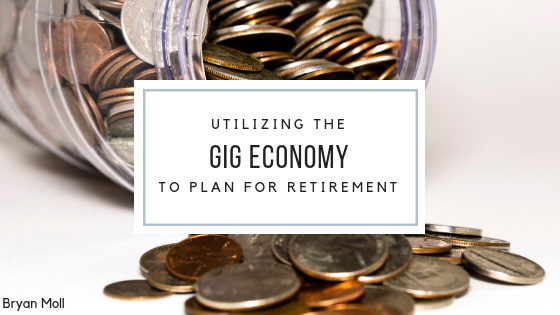The gig economy, a free market featuring temporary positions and independent contractors, has become increasingly popular in recent years. As the landscape continues to shift, American employment is beginning to see a rise in independent contracting and short-term jobs. Aided by advancements in digitalization, workers can opt to freelance remotely, taking on projects from listings posted around the world. Just as the gig economy provides workers with greater opportunities, it also enables employers to connect directly with experienced workers, saving them resources such as benefits, training, and office space in the long run.
According to 2018 Human Capital Trends report, between India, Europe, and the United States, approximately 77 million people identify themselves as freelances. As the gig work shows promising signs of helping workers manage their careers and sources of income, the gig economy is expected to continue surging in popularity. In the U.S. alone, it’s anticipated that in 2021, approximately 9.2 million Americans will be working on-demand.
This trending gig economy also proves valuable to older employees looking to plan for retirement. Older employees may be unprepared for retirement, struggling with low pensions or unexpected layoffs late in their careers. Workers without jobs may feel as though they’re too old to be traditionally employed again. The gig economy, however, can help them plan for retirement by providing short-term employment and allowing workers to diversify their sources of income.
While gig work is typically associated with young workers, baby boomers, those born between 1946 and 1965, comprise 31 percent of the Americans working exclusively in the gig economy. Not only does this work supplement older workers financially, it also enables them to find enjoyment in their work.
Digital work can be rewarding to older workers, especially those who have previously worked in physically demanding fields. Instead of requiring workers to actively engage in industrial labor, gig work provides workers with the opportunity to work from the comfort of their homes writing blog posts or marketing copy. This work also provides appealing flexibility for workers who are navigating other commitments, such as spending time with family.
With the gig economy, older workers are not only able to financially prepare for retirement, but are also able to pursue other passions they had not previously had the freedom to. Some workers find enjoyment in copywriting, while others find attractive opportunities in doing gigs such as voiceovers. Regardless, gig work provides older workers with the flexibility and freedom necessary to supplement their pockets and their interests.

